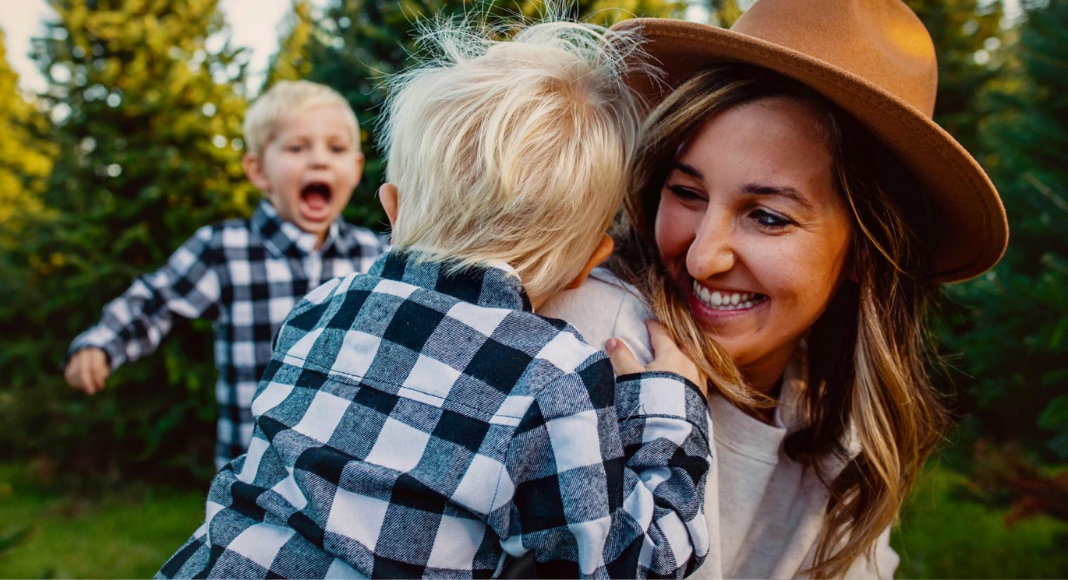 When I make a parenting mistake, I own it, and I apologize to my children. Notice how I didn’t say “if I make a parenting mistake.” I have made parenting mistakes, and I will make more. I am not perfect. Let’s normalize owning our parenting mistakes but also knowing how to apologize and improve when we’re not perfect (which is quite often).
When I make a parenting mistake, I own it, and I apologize to my children. Notice how I didn’t say “if I make a parenting mistake.” I have made parenting mistakes, and I will make more. I am not perfect. Let’s normalize owning our parenting mistakes but also knowing how to apologize and improve when we’re not perfect (which is quite often).
If my children do not want to settle down for nap time, they are getting too rough while they play with one another or keep splashing water outside of the bathtub – and I lose my temper – that is on me. Do I need to have discussions with my children about some of their choices? Sure. But, losing my temper or getting visibly frustrated with them was because I lacked patience at that moment.
We desire our children to learn how to apologize to their siblings, friends, classmates, etc. But how will they learn how to apologize authentically if they don’t see us apologize for our mistakes? Just because we are adults doesn’t mean that we don’t need to apologize sometimes. As a parent of two toddlers, I’ve learned that I shouldn’t force my children to apologize to each other. By forcing them to apologize to each other, they aren’t learning empathy or how to apologize for their actions authentically. They learn empathy by having conversations about our choices and how we make people feel. They learn how to authentically apologize by seeing us authentically apologize.
We should not hold our children to a higher standard than we hold ourselves to. If it is important for your children to eat healthy foods, you should eat healthy foods. If it is important for your children to read books, you should read them. If it is important for your children to learn how to identify their mistakes, apologize for them, and grow from them, you should too.
As my sons continue to grow through the many stages of life, I want them to know that they can always come to me when (not if) they make a mistake. I am a sinner, and they are sinners. We are saved by grace. When they are not perfect, which will be often, I want them to come to me knowing that I am also not perfect.
Recently, I became frustrated with my son because he was getting too rough with his brother. Instead of slowing him down and teaching him how to play in a way that’s not too rough, I lashed out at him and sent him to his room. I immediately knew that I had mishandled it. (See, not perfect.) I sat on his bed, and we talked through how he was playing and what he could have done differently. I apologized for lashing out at him. I told him, “I’m sorry for yelling at you and not using kind words. I make mistakes too.” He gave me a big hug and said, “I’ll do better next time too.” He didn’t learn from sitting in his room or by me lashing out at him. He learned by me getting down to his level to see eye to eye, having a calm conversation, and being open and honest with him.
We ended our conversation as we always do. We told each other, “We are going to make mistakes. We are going to get mad, upset, and even sad. But we are going to forgive each other because we love each other.”








